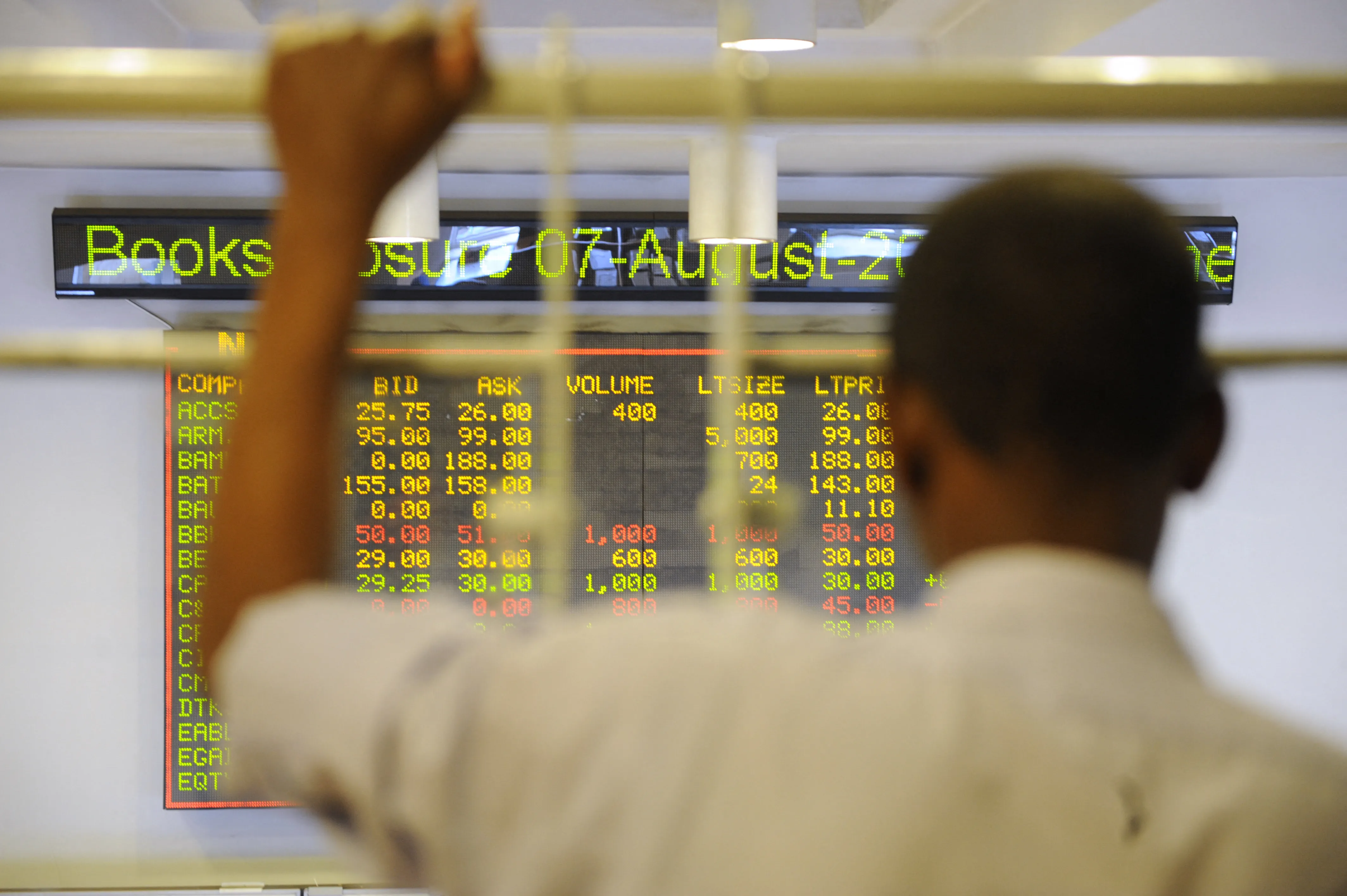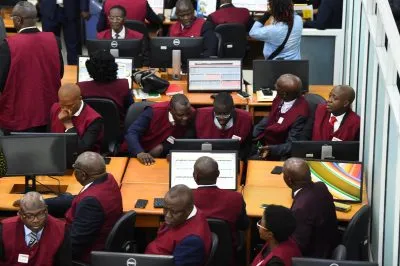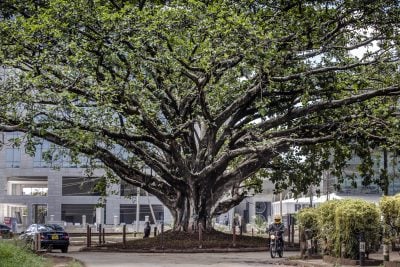After more than 10 years in the City of London, Aly-Khan Satchu returned home to Kenya. The straight-talking former trader worked for financial powerhouses such as Credit Suisse First Boston, Sumitomo Finance International and ANZ Investment Bank. He now boasts over a decade’s worth of experience investing in listed African companies.
“I look for opportunities that are going to outperform,” he says. “I specifically look for growth opportunities in companies that are expanding regionally, as well as niches where I think the shares are undervalued.”
Equity Bank is a favourite of his. In 2020, the Kenyan commercial bank announced plans to deepen its reach in the Democratic Republic of Congo, one of the continent’s largest and most populous countries. In that year Equity Bank Congo acquired a controlling stake in Banque Commerciale du Congo. The deal was an example of the potential vibrancy of the continent’s stock exchanges in catalysing cross-border mergers and acquisitions (M&A) activity.
Globally, emerging market stocks are back in vogue after a dismal 2022. Institutional investors are ploughing back into the asset class – but African equity markets rarely get a look in. From the perspective of Western investors, the catch-all term “emerging market equities” focuses mainly on Asia and South America.
The MSCI Emerging Markets Index, one of the most popular global emerging market indices, includes companies from 24 emerging countries. Just two of these are in Africa: South Africa and Egypt.
But it’s not just institutional investors who are missing out on good-quality and under-priced businesses. If African retail investors are going to build wealth over the long term, investing in African-listed companies could become part of their equation. But many middle-class Africans prefer tangible assets such such as property and farmland.
Plenty of bourses but few IPOs
The early 1990s were an important time for capital market development in Africa. The Cold War had just ended, and many nations were starting to open up their economies to free market ideas.
Today, there are over 30 stock exchanges across the continent. These include three regional exchanges: the Bourse Régionale des Valeurs Mobilières (BRVM), based in Côte d’Ivoire; the East Africa Exchange, based in Rwanda; and the Bourse des Valeurs Mobilières de l’Afrique Centrale (BVMAC) in Gabon.
But the number of initial public offerings (IPOs) in Africa has been falling dramatically. PwC, a professional services firm, estimates that there were 28 IPOs in Africa in 2017, valued at about $3bn. That fell each successive year to 2021, when just eight were recorded, valued at $921m.
Privatisations of government assets could reverse the decline. Recently the Egyptian government announced that it would be listing 32 state-owned enterprises on the local stock exchange from next year. As part of the agreement on a $3bn IMF loan, the government is required to reduce its footprint in the local economy, having crowded out private investment for decades.
Satchu believes that other African governments must take a similar route if stock market activity is to expand. “African governments can play a much bigger role by being an appropriate catalyst for less liquid markets,” he says. “Many of our governments are heavily invested in all kinds of domestic companies. But they’ve not really embraced the idea that by selling these companies onto the stock exchange, they can create a new shareholder class in their countries.
“Unfortunately, I don’t think [many of them] truly understand what it takes to create a thriving stock market. The moment the stock exchange starts to perform, they want to lump taxes and charges. It’s very expensive to trade in Kenya compared to more developed markets and that is just egregious.”
Investors’ information gap
Rob Stangroom in Zimbabwe agrees. The Harare-based chief executive officer of African Financials, an investor relations and communications company, adds that high inflation, exchange rate controls, and corruption in some jurisdictions are factors that continue to dampen the promise of Africa’s equity markets.
“To start fixing things, information must become freely available on multiple levels,” he says. “Trading and custodian costs must be lowered, and minimum standards of information must be available from the stock exchanges. Most vegetable markets in Africa have greater liquidity!”
Liquidity issues and high trading costs are generally more pronounced on the continent than in other regions. The picture is, however, mixed. South Africa’s JSE, the largest African stock exchange, has several top 40 companies with dual listings elsewhere: this allows for greater trading volumes and liquidity. In late 2022 the exchange signed a dual listing agreement with the New York Stock Exchange.
“With a market cap of about 21 trillion rand [about $1.36 trillion], the JSE punches above its weight,” says Itumeleng Monale, JSE chief operating officer. “It’s still a world-class financial marketplace with high resilience and we’ve seen some rapid growth in some of our diversified business areas.”
But even within the JSE itself, there are nuances. The exchange has suffered from a series of delistings by small and mid-cap companies in recent years.
According to RISE (Retirement Investments and Savings for Everyone), a fund administrator, “from January 2021 to June 2022, 35 companies […] delisted from the JSE, 11 of which [were in 2022] alone. Quite disconcertingly, the JSE had experienced net delistings for the sixth year in a row… The cost of going public is a prominent concern for small and medium cap companies; it’s cumulatively exorbitant. Similarly, the current regulatory burden also acts as a deterrent to listing, and a cause of delistings, especially for smaller players as the cost of compliance and regulation run high.”
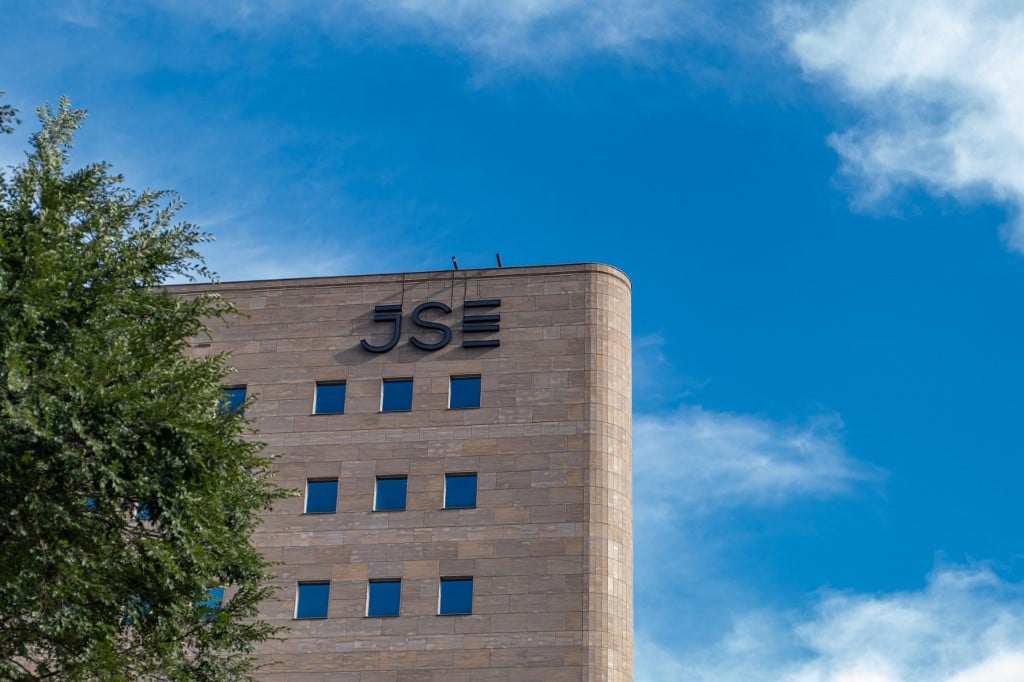
Problems of non-compliance
But some challenges facing African equity markets are less pronounced, and less talked about. A recent report, What’s Yours Is Mine, And What’s Mine Is Mine by the CFA Institute Africa Advocacy Council, highlighted the flagrant use of non-compliant related-party transactions (RPTs) on Zambia’s Lusaka Securities Exchange (LuSE).
The LuSE regulations, which take inspiration from global international accounting standards, define RPTs as “transactions with parties related to an issuer”. They include a range of transaction types including purchases or sales of goods, property and other assets; rendering or receiving of services; leases; and more. In 2020, according to the report, 12 of the 20 issuers listed on the LuSE engaged in non-compliant RPTs.
RPTs can be used legitimately in a variety of ways – but it’s their misuse that the CFA Institute report highlights. Its co-authors, Godfrey Mwanza and Sumeet Jain, argue that, when RPTs are abused, controlling shareholders force companies into inefficient deals that ultimately cost minority shareholders and the broader economy.
When assessing corporate governance development in Africa, “it’s useful to think about it from a first-principles perspective,” says Mwanza, a portfolio manager at ABSA Asset Management. With non-compliant RPTs, “controlling shareholders have advantages that the rest of the market doesn’t have. Good corporate governance ensures that these are not abused.”
Mwanza was part of a team that recently highlighted RPTs totalling $450m over a 12-year period at Nigerian firm Seplat Energy. While it is possible that some of the RPTs were compliant, the shareholders’ objection was more about poor corporate governance and notable conflicts of interest. Last year, the company announced that it would start phasing out the use of all RPTs.
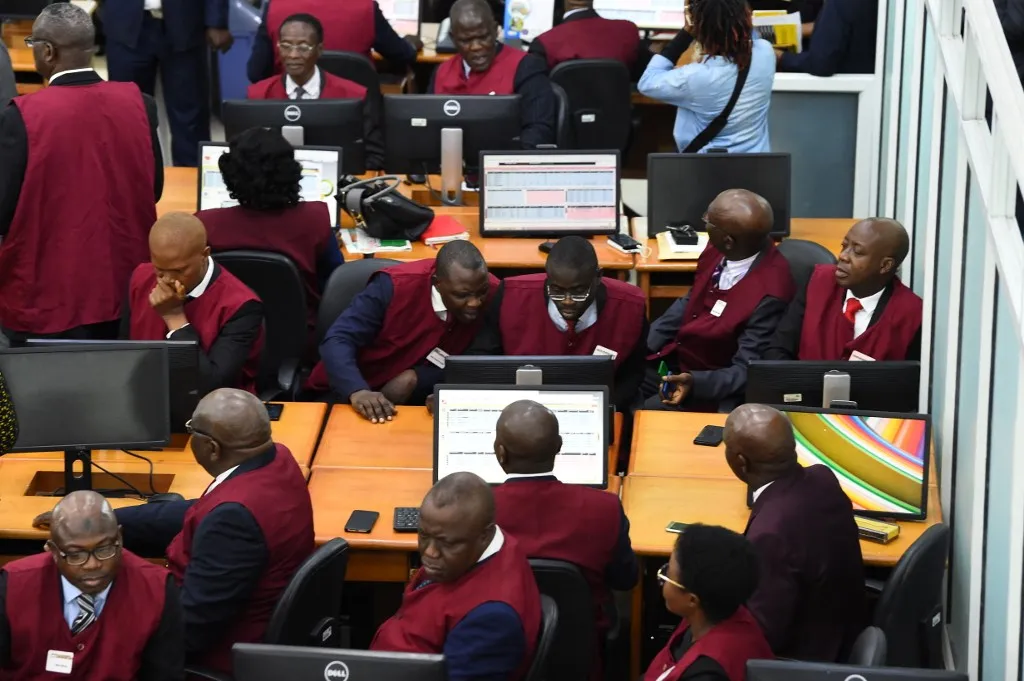
A role for policymakers
Across Africa, the role of policymakers is seen as essential to the success of equity markets. In December 2022, the African Exchanges Linkage Project (AELP), a flagship project of the African Securities Exchanges Association (ASEA) and the African Development Bank (AfDB), was launched with the support of the African Union (AU) and African Continental Free Trade Area (AfCFTA) Secretariat.
“It’s exciting to see the strong political commitment to cross-border trading and investment flows,” says Tom Minney, the former head of the Namibian stock exchange. “The Covid pandemic, and ensuing global market turmoil, emphasised the importance of African buy-side institutions to the development of the African market.”
“Regulators and policymakers should focus on rolling back impediments that divide trade and investment flows across African economies,” he continues. “African investors in one country should be able to invest wherever they see good opportunities, across the continent. Costs are important as well as tackling hindrances such as exchange controls.”
Hopes for technology
Technology is well-positioned to play an active role in bringing equity markets to African retail investors. The explosive growth of mobile phone technology across the continent lends itself to increased access. And although some of these challenges are surmountable, the first step for governments and policymakers is to start growing the economy.
Satchu is optimistic, especially that new kinds of companies will come to market. “There’s a new, exciting economy which has come out of mobile phone technology, and there’s been a lot of venture capital startup fundraising. We eagerly wait for these companies to come to the stock market in the coming years.”
Want to continue reading? Subscribe today.
You've read all your free articles for this month! Subscribe now to enjoy full access to our content.
Digital Monthly
£8.00 / month
Receive full unlimited access to our articles, opinions, podcasts and more.
Digital Yearly
£70.00 / year
Our best value offer - save £26 and gain access to all of our digital content for an entire year!

 Sign in with Google
Sign in with Google 